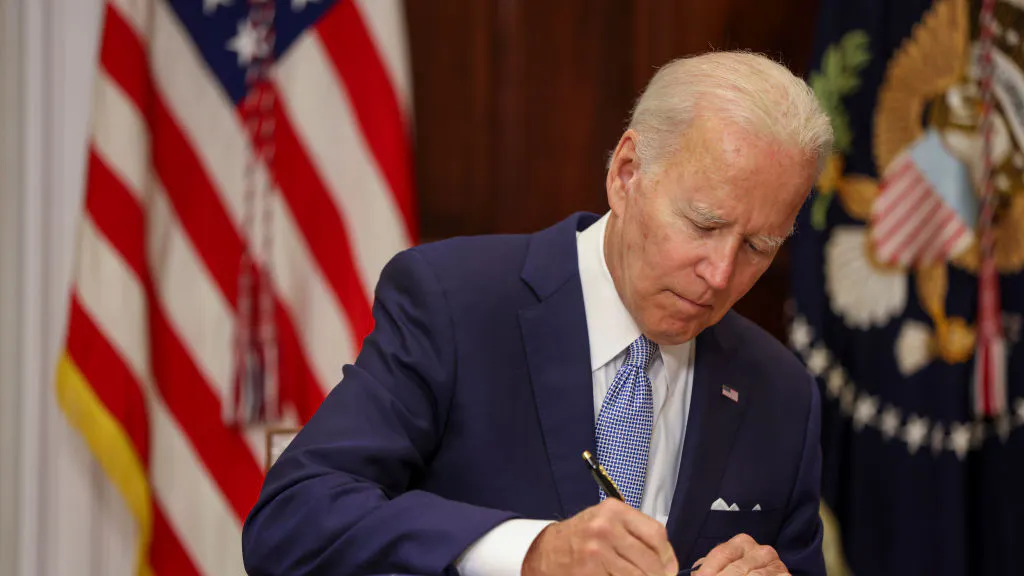The United States will increase the number of soldiers stationed in Europe to 100,000 by adding 20,000 troops, President Joe Biden said on Wednesday.
The move comes four months after the Russian invasion of Ukraine and occurs despite a 1997 agreement with Russia stating that the North Atlantic Treaty Organization (NATO) would avoid the “additional permanent stationing of substantial combat forces” in the “current and foreseeable security environment.”
The United States plans to establish a permanent forward command post in Poland, according to a White House fact sheet. Likewise, Washington will move a Brigade Combat Team to Romania, place two squadrons of F-35 aircraft in the United Kingdom, add more air defense to Germany and Italy, and increase the number of naval destroyers based in Rota, Spain, from four to six.
“We’re going to make sure that NATO is ready to meet threats from all directions across every domain,” Biden said at NATO’s summit in Madrid, per Reuters. “We’re proving that NATO is more needed now than it ever has been.”
The White House also announced support for the trilateral agreement between Turkey, Sweden, and Finland for the latter two nations to join NATO — a military alliance founded by the United States and other Western nations at the beginning of the Cold War.
“Unlike other NATO free riders, Sweden and Finland possess robust military capabilities and have demonstrated decades of cooperation with the U.S.,” Heritage Foundation foreign policy expert James Carafano said in a statement provided to The Daily Wire. “They will help advance U.S. interests by thwarting Russia and China’s growing influence, improving regional security, and making future conflict less likely.”
NATO members also plan to launch a “Comprehensive Assistance Package” for Ukraine — a move that follows several military and humanitarian aid packages from the United States. At the end of May, Biden greenlit a $40 billion package, which included funds to support the Ukrainian economy and address food shortages.
Beyond the food supply in Ukraine, a Russian blockade of the Black Sea with ships and land mines has prevented agricultural goods from leaving the country. The two eastern European nations produce a combined 30% of the world’s traded wheat, according to the International Food Policy Research Institute.
“You cannot use the hunger of people as a weapon of war,” Joseph Borrell, the European Union’s high representative for foreign affairs and security policy, said to other diplomats earlier this month. “Millions of tons of wheat remain blocked in Ukraine while in the rest of the world people are suffering hunger. This is a real war crime, so I cannot imagine that this will last much longer.”
Many officials are now exhorting the United States to increase food exports around the world to supplement the lost shipments from Russia and Ukraine. International Monetary Fund Managing Director Kristalina Georgieva said at the World Economic Forum last month that global food shortages constitute a “dire” situation and therefore recommended “openness in exports of food,” refraining from “food restrictions,” and not buying “more food than you need for your own country.”
Nearly half of African wheat imports come from Russia and Ukraine, with some countries importing “more than one third of their wheat from the two countries,” according to a United Nations report. East African nations like Kenya and Ethiopia were already struggling with drought and livestock deaths before the new threat to the global food supply.

.png)
.png)

